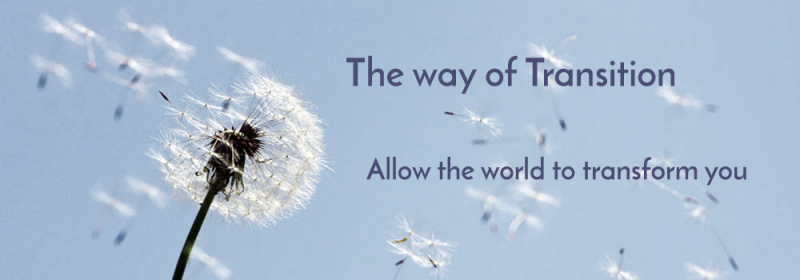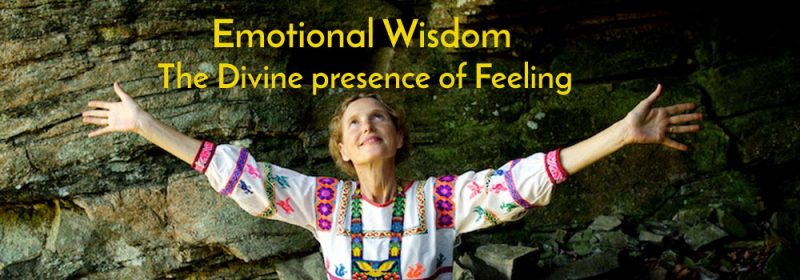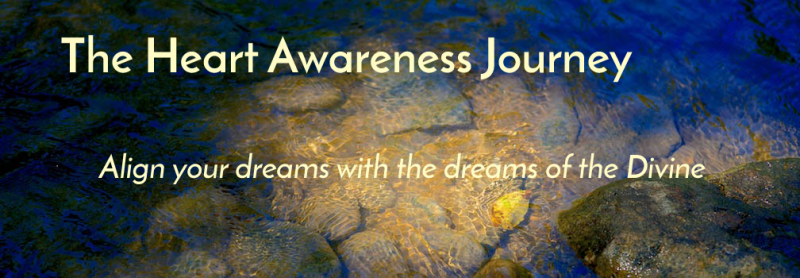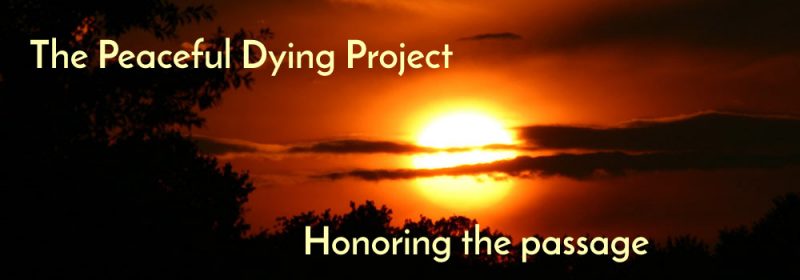In traditional cultures, death was honored as part of life. The elderly were given respect and care by the younger generations, and death itself was a sacred passage to the realm of the ancestors. For those left behind, grieving was recognized as an essential part of the death process, honoring the gift of the life that was and cleansing the way for new life to come. Nor were the souls of the dead abandoned after the funeral. A skilled medicine person would accompany the soul after death in guide them in resolving any unfinished business from life, and in undertaking the journey to be welcomed by the ancestors
Modern Western culture has lost touch with this traditional wisdom. Fear, guilt, denial and confusion abound. This disconnection has led to alienation and tremendous suffering for those facing death, those struggling with the loss of loved ones, and those souls abandoned to find their own way after death. Because we have largely forsaken these rituals of care and maintenance, much of the suffering and disconnection we experience comes from the unmetabolized burdens and trauma handed down from generation to generation.
However, Wisdom traditions have always known that, with careful tending, our ancestors will become vibrant and healthy guides who, in turn, are fully invested in supporting us to express and manifest our gifts in this life. When we ensure that the souls of our loved ones are well-tendered and ushered into the realm of their vibrant and healthy ancestral elders, we open to a transformative resource for personal, family, and cultural healing.
Prema has spent the last 25 years being in conversation with those facing their death, those grieving the loss of their loved ones and to anyone who would like to be in relationship with death as a teacher for a conscious life. She is a psychopomp, or one who supports the souls of those who have died, in a process known as funerary rites. Prema sits on the Elder Council for the Center for Conscious Living and Dying, based in Asheville North Carolina. This is a community dedicated to honoring death as a sacred passage, to being with those who are dying and their loved ones with presence, empowerment, and connection, and to honoring the mystery of this phase of life and beyond.
Funerary Rites and Psychopomp work
Funerary rites involve a ritual, conducted by the psychopomp, shaman or trained community elder, that escorts the soul through the unseen realms to its ancestral homeland. This is a profoundly beneficial process, both for the soul of the individual as well as for the health of the community. For the soul, it provides guidance and safe passage on the difficult journey of finding its way back to its rightful place. For the family members and community, it provides a sense of peace, knowing that their loved one is well cared for, as well as a deeper connection to an unbroken line of ancestral benevolence that is invested in their wellbeing.
Funerary rites can be conducted either as a family or community ritual or at a distance by a trained practitioner. In traditional cultures it has always been a community process which helps bring healing and resolution to all concerned. However, as these rites are something that have been largely forgotten in our culture, they may seem strange and even threatening to family and friends. For this reason it is often more practical for the rites to be offered as a private process, perhaps organized by a single friend or family member, and conducted at a distance by the practitioner.
The funerary rites that Prema offers are available to anyone, regardless of what tradition or spiritual path they follow (or do not follow). Rather than being affiliated with any particular tradition, the purpose of the ritual is to support the soul to find its way to where it needs to go without any agenda as to where that should be. While the ideal times for this work to be done are within 6 weeks of death, funerary rites can be offered at any time, even for a soul that is long departed.
Whether the funerary rites are conducted as a community ritual, or at a distance, at its completion Prema will offer to recount the story of the soul’s journey and to deliver any messages that the deceased may want to communicate. These messages can often be gifts that help the living come to resolution and move through their grief.
If you are someone facing your own death, dealing with the loss of a loved one, or wanting to find out more about funerary rites for yourself or another, you are welcome to reach out to have a conversation with Prema at no charge. Click here to set up a time.





